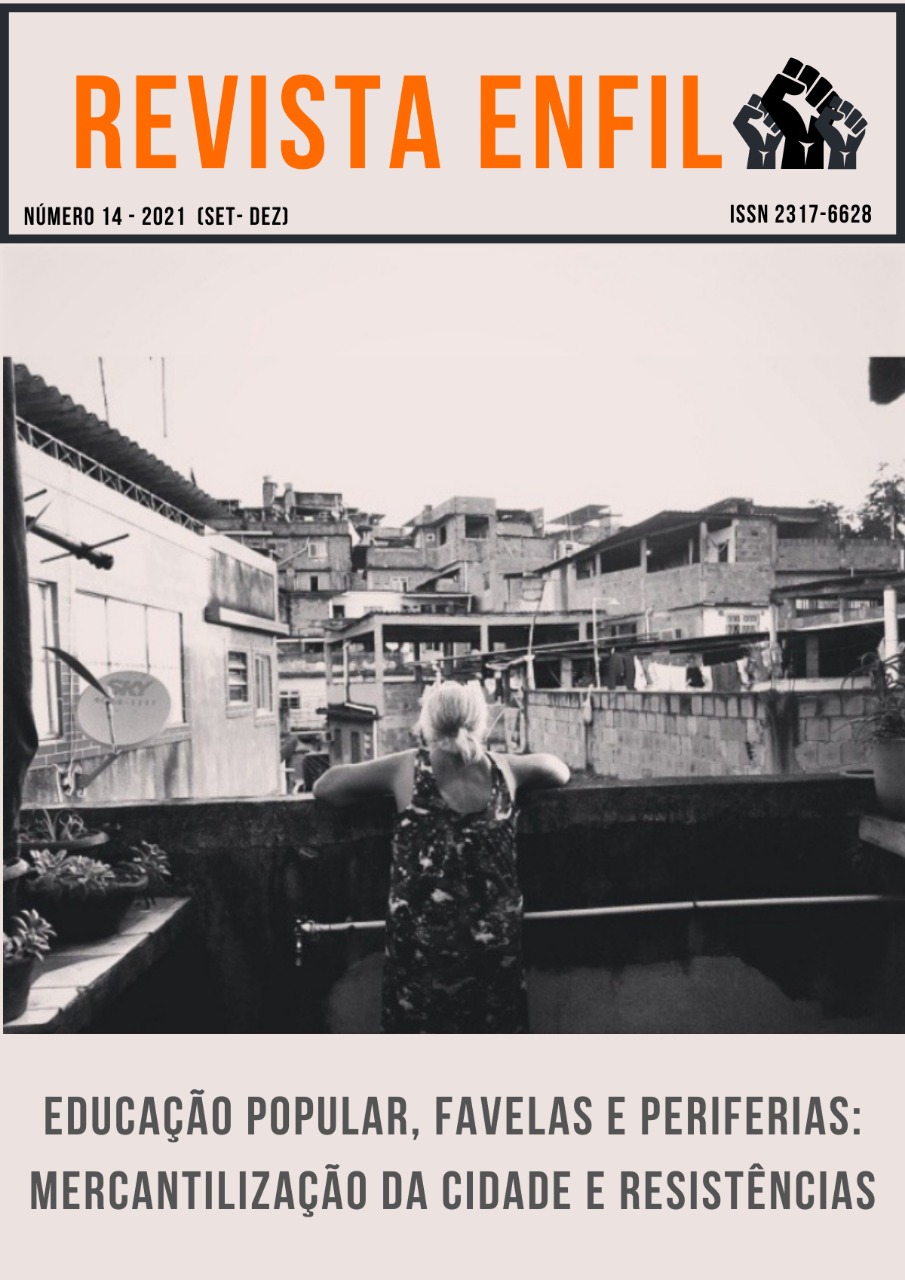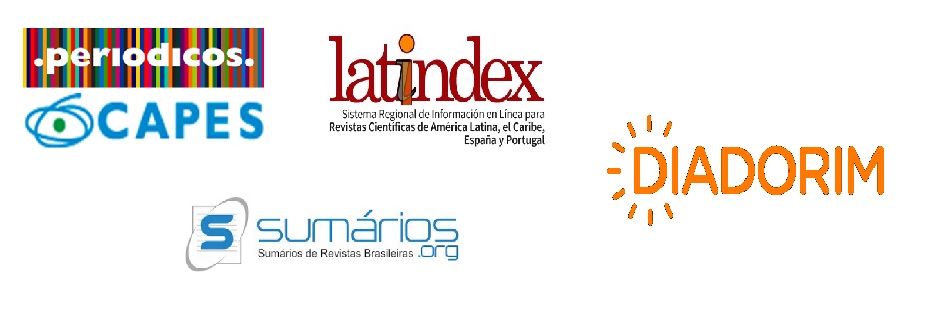GESTÃO PÚBLICA NO CONTEXTO PANDÊMICO E A INTENSIFICAÇÃO DE DESIGUALDADES SOCIOEDUCACIONAIS
DOI:
https://doi.org/10.22409/enfil.v9i14.51640Resumo
O artigo em questão tem como objetivo refletir sobre a atuação do Poder Público frente à repentina necessidade de adaptação das instituições de ensino com o avanço da pandemia de COVID-19, a qual ocasionou na mudança total ou parcial do atendimento de escolas ao redor do mundo, deixando profissionais da educação e estudantes diante de um desafio para o qual não estavam preparados: a incorporação de recursos da Tecnologia da Informação e Comunicação (TICs) para a manutenção dos vínculos e continuidade do trabalho pedagógico. Em uma realidade de crise sanitária na qual as prioridades foram ressignificadas em decorrência de fatores como a diminuição da renda familiar e alteração da saúde mental da população, as desigualdades sociais evidenciadas previamente no contexto brasileiro ganham mais força diante das dificuldades enfrentadas pelos estudantes de baixa renda para acompanhamento das práticas educacionais ocorridas por intermédio de plataformas de ensino à distância, colocando-os em desvantagem e em desigualdade de direitos em relação aos indivíduos de maior poder aquisitivo. Portanto, são trazidos para o nível da discussão acadêmica o contexto econômico brasileiro e sua relação com a má distribuição de recursos públicos; a crescente transferência de poder do Estado à iniciativa privada para a resolução de questões macroestruturais, favorecendo pequenos grupos em detrimento de toda uma população; e a associação entre as estratégias tecnológicas adotadas pelas instituições de ensino com aval governamental e a intensificação das desigualdades socioeducacionais além do período de duração da crise sanitária.
Downloads
Downloads
Publicado
Edição
Seção
Licença
A Revista En_fil aceita manuscritos originais em português, italiano, espanhol e inglês. Se o manuscrito original for redigido em língua estrangeira, ele deve ser acompanhado da versão em português.
A Revista En_fil não cobra taxas referentes à submissão, à avaliação ou à publicação de artigos. Oferece acesso livre, gratuito e imediato a todos os leitores, independentemente de cadastramento no site.



